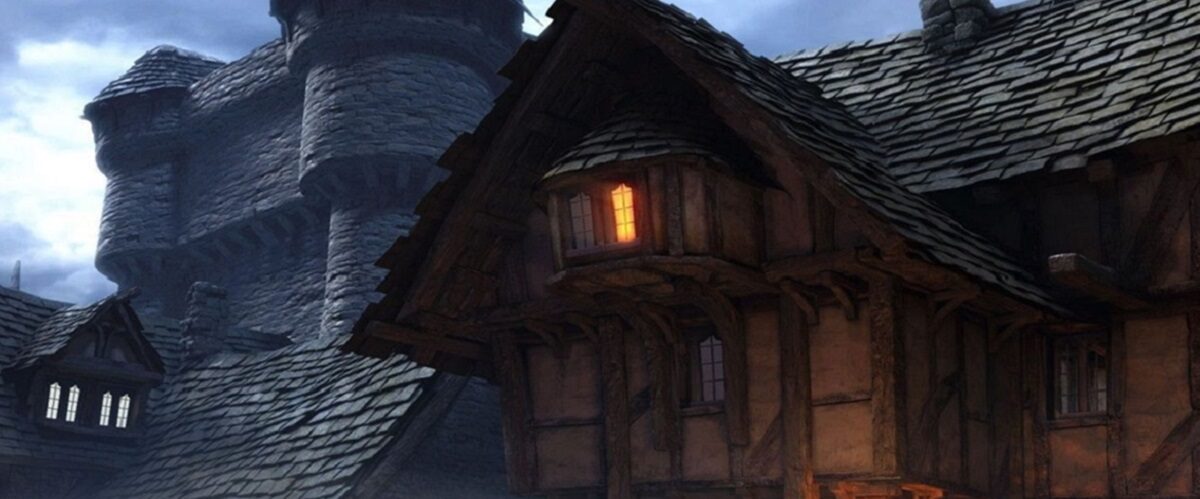Author Note: This is the second of a series of posts, based on the teachings of St. Francis De Sales, primarily written for the benefit of Protestants, but also can be useful to Catholics. My goal is simply to make the case that the Catholic Church is the true Church founded by Jesus Christ Himself in 33 A.D. and because of that, and despite all its ongoing problems and controversies, remains the necessary vehicle for individual eternal salvation and restoration of Christendom in this life.
In Part 1, I explained why we necessarily need one judge to declare the proper interpretation of the Bible and the conclusions and consequences that can be drawn from it. In this part, I will reveal and define who necessarily must be that judge.
We know this judge cannot necessarily be any private person. Why would anyone choose to follow that person over another? “If we are run the risk of erring, who would not choose to run it rather by following his own fancy, than by slavishly following that of Calvin or Luther?” In other words, I might as well rely on my own judgment on the proper understanding of God’s word as much as anyone else. However, it is irreverent to think God would leave us in this situation of having to rely on ourselves or some other random private individual to help up understand God’s word.
No, the judge is not ourselves or a private person. The one true judge is the Catholic Church, “which does not err in the interpretations and conclusions she makes with regard to Holy Scripture, nor in the decisions she gives concerning the difficulties which are found therein.”
Many object to this notion of infallibility. They claim such infallibility can only be found in the invisible church. The idea of an invisible church takes different forms: some say it is invisible because it consists only of persons elect and predestinate. Others say the church is invisible because believers are scattered about the world. Some say the Church was neither visible or invisible for at least 1000 years before Luther because it was suppressed by impiety and idolatry.
This notion of a secret, hidden or invisible church is contrary to Daniel’s interpretation of Nebuchadnezzar’s dream (Daniel 2:31-45). In the dream, Nebuchadnezzar saw a stone cut out of a mountain without hands which went rolling until it overthrew the great statue, and so increased having become a mountain and filled the whole earth—this Daniel understood to be the Kingdom of Our Lord, which shall last forever. “If it be as a mountain, and a mountain so large as to fill the whole earth, how shall it be invisible or secret?” If this Kingdom lasts forever, how could it have been suppressed for a 1000 years before Luther? Either Daniel was wrong, or those who claim the Church was invisible, hidden or destroyed are wrong.
So what is THE Church? The word “church” comes from the Greek word meaning to call. It signifies an assembly or company of persons called. God calls man who he is about to receive into grace into the Church. In fact, the first effect of predestination is to be called into the Church as St. Paul says to the Romans: “And those he predestined he also called” (Romans 8:30), and to the Colossians: “And let the peace of Christ control your hearts, the peace into which you were also called in one body” (Colossians 3:15).
To be called into one body is to be called into the Church, a comparison the Lord makes in the parables of the vineyard (Matthew 20) and banquet (Matthew 22). “Many are called”, says Christ, but few are chosen.
Christians are then called into one body and this is how we see the Church defined throughout the New Testament: Ephesians 5:27, John 11:52, Ephesians 4:4, Ephesians 4:11-12.
In summary, “the Church is a holy university or general company of men united and collected together in the profession of one same Christian faith; in the participation of the same Sacraments and Sacrifice; and in obedience to one same Vicar and Lieutenant-general on earth of Our Lord Jesus Christ, and successor of St. Peter; under the charge of lawful Bishops.”
Much more can and will be said concerning the notion of this Church.
The above post is both a summary and paraphrase of arguments made by St. Frances De Sales in selected sections of The Catholic Controversy, translated by Rev. Henry Benedict Mackey, O.S.B., Edited by Paul A Boer, Sr. Veritatis Splendor Publications, 2012. All quotes are from the Saint himself unless otherwise noted. For a more complete and detailed argument, in the exact words of St. Francis De Sales, I recommend reading the book The Catholic Controversy.
If you are interested in converting to the Catholic faith, or simply have questions about this post or the Catholic Church in general, please email catholicesquire@gmail.com

